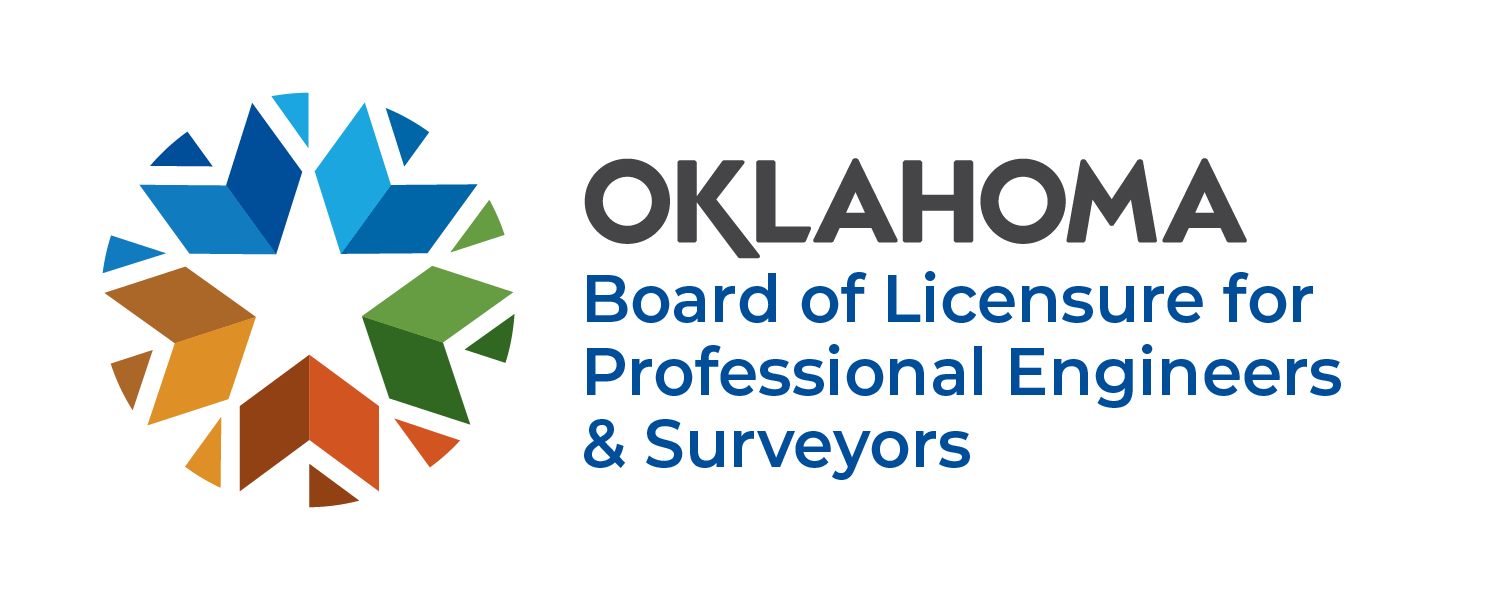245:15-23-15. Hearings
- (a) General provisions.
- (1) At any hearing, the licensee, firm, entity, or person, charged with a violation shall enjoy the rights:
- (A) against self-incrimination; and
- (B) of confidential communication with his/her spouse, attorney, clergyman, priest and/or physician; and
- (C) of withholding confidential or privileged records and files of any official or agency of any state or of the United States which, by any statute of such state or of the United States; and
- (D) of cross examination; and
- (E) of counsel.
- (2) All motions, except for a motion to continue, must be filed seven (7) days prior to the scheduled date of the hearing. Responses to motions, if any, must be filed two (2) days prior to the hearing.
- (3) The parties shall exchange names of all witnesses they anticipate testifying and the exhibits they plan to introduce ten (10) days prior to the hearing. Additional witnesses may be called and exhibits entered subject to the approval of the Board.
- (4) The first motion for a continuance filed on behalf of a party may be granted by the Executive Director. Any additional requests for a continuance must be presented to, and approved by the Board.
- (1) At any hearing, the licensee, firm, entity, or person, charged with a violation shall enjoy the rights:
- (b) Hearing record.
- (1) The hearing records shall include:
- (A) all pleadings, motions and intermediate rulings;
- (B) evidence received or considered;
- (C) questions and offers of proof, objections, and ruling thereon;
- (D) proposed findings and exceptions;
- (E) any decision, opinion, or report by the officer presiding at the hearing, if any;
- (F) any records, including records of the Board, of which the Board chooses to take judicial notice;
- (G) all staff memoranda or data submitted to the hearing officer, if any, or member of the agency in connection with their consideration of the case;
- (H) an opinion, rendered by a state officer or authority, required by statute or Executive Order, sought by the Board or designated staff prior to the order being filed with the Board.
- (2) Oral proceedings or any part of the oral proceedings shall be transcribed on request of any party. The requesting party shall pay all costs incurred for the original transcript and other parties requesting copies shall bear the cost of additional copies.
- (3) Findings of fact shall be based exclusively on the evidence and on matters officially noticed.
- (1) The hearing records shall include:
- (c) Methods of hearings. Hearings shall be conducted by one of the following methods as determined by the Board:
- (1) by the Board;
- (2) by a member or emeritus member of the Board or its designee acting as hearing examiner;
- (3) by an attorney licensed to practice before the Supreme Court of the State of Oklahoma acting as hearing examiner.
- (d) Unless precluded by law, any party may waive rights and proceed by stipulation, agreed settlement, consent order or default. No provision in the rules shall be construed as prohibiting the Board from continuing to a later date, suspending or holding in abeyance any formal or civil proceeding pending the outcome of informal negotiation or informally agreed upon terms.
245:15-23-16. Hearing disqualification procedures
Any Board Member or Hearing Examiner shall withdraw from any proceeding in which the individual cannot render a fair and impartial hearing or consideration. Any party may request such disqualification by filing a motion pursuant to OAC 245:15-23-15(a)(2) detailing the alleged grounds for disqualification. The issue shall be referred to the Board to be determined promptly by the Board, or the remaining members thereof, and upon disqualification the Board shall assign another Hearing Examiner and if necessary, as provided by Statutes of Oklahoma, seek appointment of an additional member or members pro-tem.
245:15-23-17. Powers of hearing authority
A hearing authority shall require the furnishings of information; the attendance of witnesses; and the production of books, records, papers or other objects as may be necessary and proper for the purposes of the hearing. Any party to a proceeding may take depositions of witnesses in the same manner as provided by law in any civil actions before courts of record and such depositions may be submitted into evidence subject to the right of objection at the time of hearing as provided by law in any civil actions before courts of record. The hearing authority may admit into evidence and take judicial notice of any records, including records of the Board, that it may deem relevant to the proceeding.


